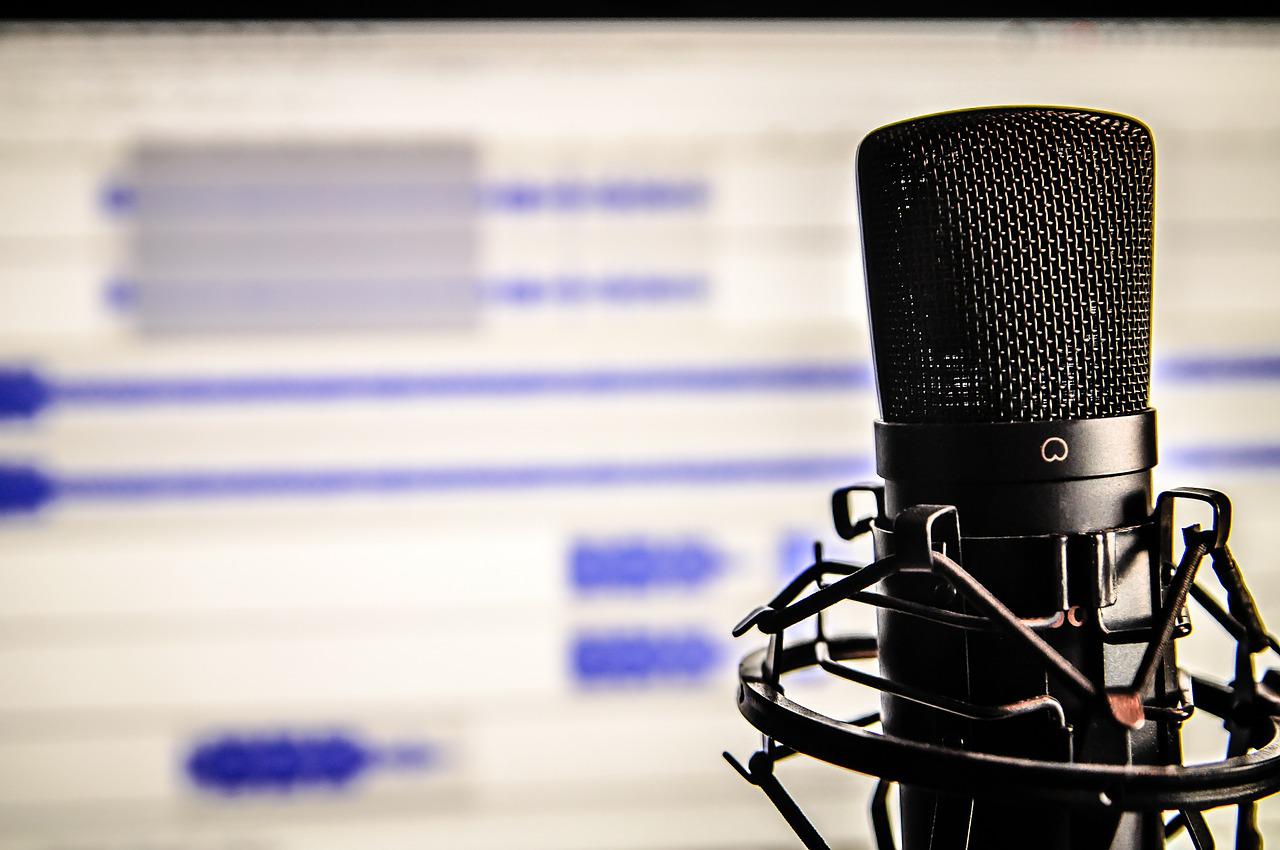Blue whales are the largest animals ever known to have lived on Earth. Reaching a maximum confirmed length of 29.9 meters (98 ft) and weighing up to 199 tonnes (approximately 33 elephants). Their tongues alone can weigh as much as an elephant.
Blue whales are the loudest animals on the planet. While the noise can reach 140 decibels, the call of a blue whale reaches 188.
A new study by biologists and ocean scientists at Stanford University found that blue whales are now ingesting an alarming amount of plastic.
Researchers estimated the amount of microplastics ingested by blue whales off the U.S. Pacific coast using measurements from electronic tag devices suction-cupped to the animal’s back, camera, microphone, GPS locator, and an instrument that tracks movement.
Microplastics are tiny plastic pieces less than 5 mm in length, that come from the breakdown of larger plastics.
According to the study, blue whales may swallow roughly 10 million microplastic pieces daily
“In the moderately polluted waters off the U.S. West Coast, baleen whales may still be ingesting millions of microplastics and microfibers per day,” said Stanford University marine biologist Matthew Savoca, a co-author of the study published in the journal Nature Communications.
“Also we find that the vast majority – 99% – are via their prey that have previously ingested plastic and not from the water they filter,” Savoca added.
Researchers say that more research is needed to understand the potential long-term health effects on the whales from ingesting microplastics.







